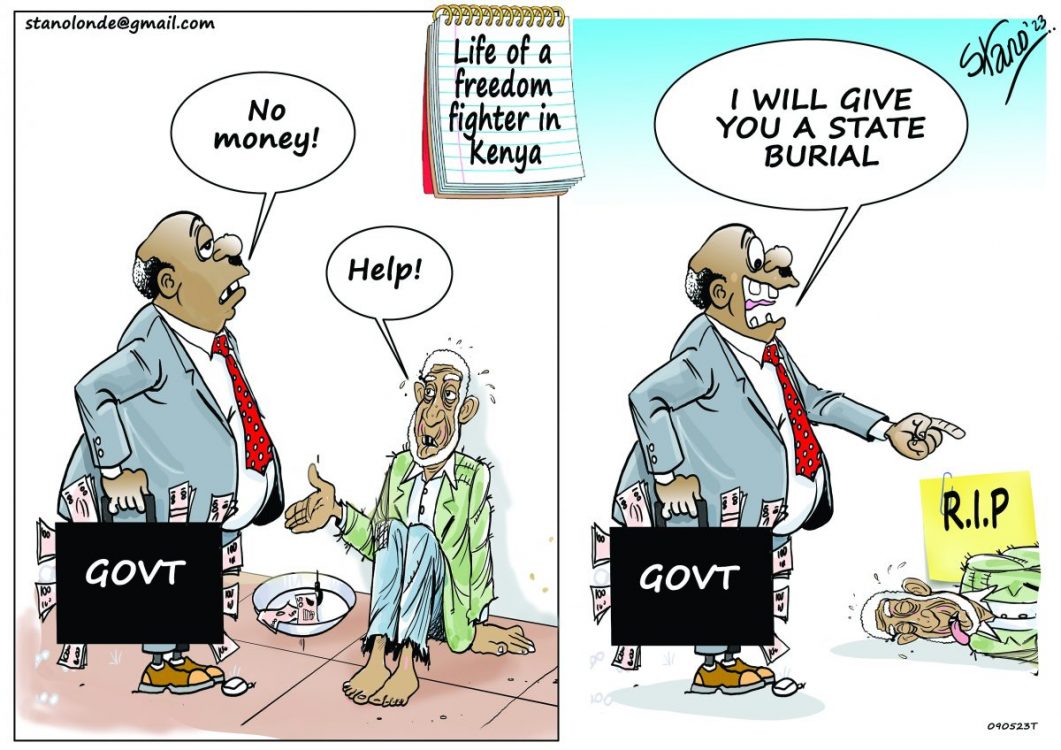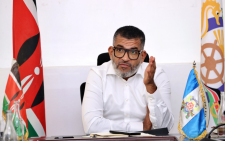Exploit Agri Expo to lift citizens out of poverty

One of the most significant events on political, social, economic and environmental development in Kenya and Africa begins today in Nairobi, offering optimism for salvation of millions of citizens.
The Agri Africa Exhibition and Conference happening at the Kenyatta International Conference Centre (KICC) until Friday is timely as it coincides with the cooling of political temperatures in the country.
Agri Africa’s political significance and its food and nutrition security theme resonates with the main contentious agenda in the proposed bipartisan talks between the government and Opposition. Warring Azimio la Umoja and Kenya Kwanza factions seem to be in agreement that most Kenyans, regardless of party affiliation, are suffering from poverty and high cost of living. The cost of unga remains a dominant political issue since the heated election campaigns ahead of the impending talks.
The two sides can draw lessons from Agri Africa’s synopsis that agriculture is the world’s most important socio-economic activity and one of the most powerful tools to end extreme poverty, boost shared prosperity and feed a projected 9.7 billion people by 2050. Agriculture is the engine of economic growth in Kenya – 75 per cent of Kenyans earn all or part of their income from the agricultural sector and agriculture accounts for 33 per cent of Kenya’s GDP.
Since there is general agreement on the high cost of living and the place of food and agriculture in resolving it, the bi-partisan talks can quickly dispose of this agenda to the benefit of millions of Kenyans. They can then turn to thorny political and electoral justice issues requiring deeper constitutional, legal consultation and wider public participation.
Poverty and food insecurity are on the rise after decades of development gains following supply chain disruptions, climate change, Covid-19 pandemic, financial constraints and the war in Ukraine.
Agri Africa recognises agriculture and food security as a global and regional issue. That is why the governments of the East African Community (EAC), the continent’s largest regional economic bloc, will keenly observe the proceedings. Kilimo Trust, a not-for profit organisation working with EAC Secretariat on agricultural and value chain development is a major participant at Agri Africa. CEO Dr Birungi Korutaro says the organisation has since inception in 2005, reached over two million farmers across 17 agricultural value chains. Over 742,278 metric tons of food staples valued at over $357 million have been sold through structured trade and over 5,571 million full-time jobs created through Kilimo Trust interventions. The organisation will showcase its Reduce, Reuse, Recycle Rice Initiative Phase II (R4iCSA II) project in efforts to promote sustainable, science-based, market-led agricultural development in the region.
R4iCSA II targets 10,000 households in Kenya and Uganda to build robust evidence of the economic benefits of innovations that utilise rice products and by-products. It promotes innovative technologies for regenerative and sustainable rice farming systems leading to better livelihoods and environment. Policy makers, political elites and the private sector must give food and agriculture systems closer attention. Concern abounds on how governments pledge, spend and invest in food systems and our future. We must support producers – the farmers doing the real work on the ground.
That means investment in women and the youth, honouring indigenous and traditional knowledge systems and supporting small-scale and family producers, sustainable purchasing and supply chain development.
— The writer comments on political and development matters












